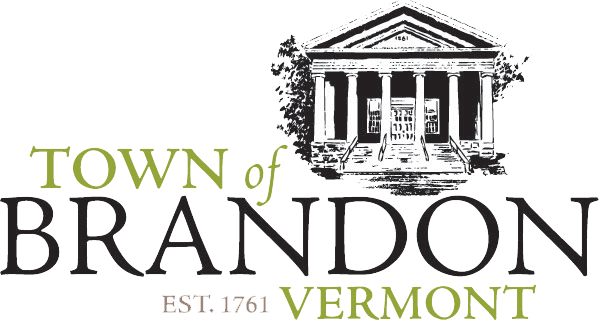BRAVO: Brandon Restorative Action for Victims and Offenders
Mission. In partnership with the community, we support safe communities by providing leadership in crime prevention, repairing the harm done, addressing the needs of crime victims, ensuring offender accountability for criminal acts, and managing the risk posed by offenders.
“Punishment alone does not create an adequate voice for those harmed or an adequate opportunity for those who create the harm." Robert L. Sand, Founder, Center for Justice Reform, Vermont Law School.
How BRAVO Works
Restorative Justice Background
Restorative justice (RJ) practices vary, but what they all share is a belief that healing the harm done to individuals is more beneficial for communities than punishing nonviolent offenders. Many Indigenous populations, including those in the US, have a long history of restorative justice. Contemporary RJ practices in the US began during the 1970s. RJ programs and practices are not monolithic; they have similar goals, but vary in scope and practices. Typical RJ practices include justice panels (BRAVO), group conferencing, and mediation. Probation officers handle court diversion and though RJ centers may be run by paid employees, RJ programs depend on trained volunteers for much of their work with offenders. Offender participation in RJ programs is entirely voluntary. More about Restorative Justice Principles
BRAVO's History
Documentation about the history of BRAVO is scarce and we hope to be able to find where records are stored. Three Brandon residents, Art Doty (d. 2019), Lance Meade (d. 2020), and Debbie Boyce were active in BRAVO from its beginning several years ago. Debbie, who continues to be an active volunteer, is a great resource about how BRAVO has worked and changed over the years. Currently BRAVO consists of a small group of volunteers who meet on the first Monday of the month from 6-7, except for Monday holidays, when meetings happen the following day. Brandon Chief of Police, David Kachajian, refers cases to the BRAVO coordinator, who then presents the cases to BRAVO members who form a three-member panel to oversee the case. Volunteer training is provided through the Vermont Department of Corrections. However, if you believe in justice and want to improve outcomes for offenders, victims, and your community, please consider joining.
BRAVO Board Members
Mitch Pearl, Chair
Paula Ashley, Coordinator
Claire Astone, Secretary
Debbie Boyce
Susan Benedict
